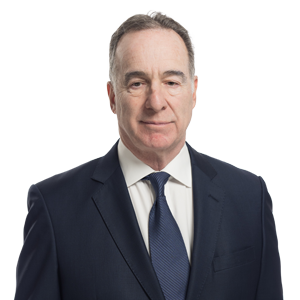Today, President Biden signed a sweeping Executive Order containing 72 directives for more than a dozen federal agencies to impose regulations, largely aimed at Big Tech and Telecom to reshape and promote competition within tech and on the internet. The Order encourages the Federal Communications Commission (FCC) to restore its former net neutrality principles and to increase transparency and competition among internet service providers (ISP). It also emboldens the Federal Trade Commission (FTC) and Department of Justice (DOJ) to crackdown on what the Administration views as massive, anticompetitive Big Tech.
What Does This Mean for Telecom?
The Executive Order encourages the FCC to ban excessive fees for early termination of internet service and prohibits the exclusive partnerships between landlords and ISPs that offer tenants only one internet option, viewed as unfairly driving prices up.
In order to promote transparency, the Order encourages the FCC to revisit Obama Administration plans for a “Broadband Nutrition Label” requirement, which would more clearly inform customers of pricing and subscription rates.
Net Neutrality Reinstated
The Order also encourages the FCC to reinstate net neutrality rules from the Obama Administration, which classify ISPs as a common carrier, along with telecommunication companies. These rules were rolled back by the FCC under the Trump Administration, which excluded the internet from almost all regulation. Net neutrality regulations would prohibit ISPs from slowing down or blocking access to online services, also known as throttling.
What Does This Mean for Big Tech?
Biden’s Executive Order also emboldens the FTC and DOJ to ramp up on the Big Tech antitrust crackdown. The Administration is encouraging these federal agencies to strengthen its scrutiny of mergers, unfair competition with small businesses, and the mass accumulation of user data. The Administration hopes these additional steps will also better protect user privacy.
This comes on the heels of Lina Khan’s confirmation as chair of the FTC. Khan is a vocal critic of Big Tech after first gaining attention as a Yale Law student with an essay on Amazon’s perceived antitrust violations.
Stay tuned for more updates from the Communications, Technology and Media Team in the weeks to come.







